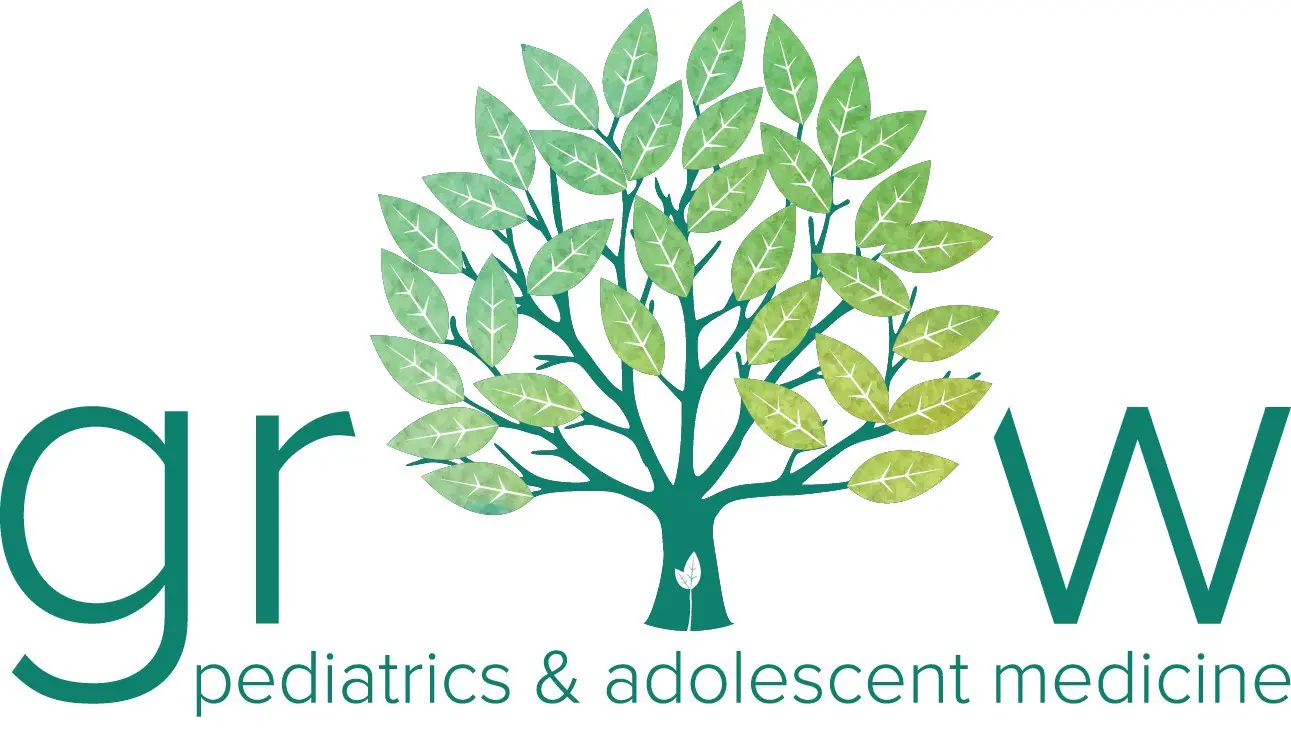Evidence-based is the gold standard.
Our providers at GROW Pediatrics are all board-certified and trained in the United States to provide evidence-based medical care. Evidence-based means that as much as possible, the care, treatment, and advice we provide is based on the best science we have available right now. For example, our vaccine policy is based on the fact that science has proven vaccines save lives.
We are open minded!
We are often open to discussing the safety and efficacy of alternative and complementary treatments. Occasionally, an alternative treatment becomes mainstream when it is tested by science and shown to be safe and effective! We acknowledge that, but also want our patients to be informed.
Some families may choose to seek care outside of GROW when they have a frustrating symptom for which modern medicine and science cannot provide a cure. Many alternative care providers market their products and services to families with children who have developmental delays, mental health problems, or other difficult symptoms. These visits often result in expensive and frustrating experiences for these families.
There are some signs that should make you think twice.
We do our best to advocate for the health and wellbeing of children, and we feel compelled to speak out when families are taken advantage of. As such, we put together a list of six red flags to watch out for:
1. Providers who sell “supplements” that are not FDA approved from their storefront or website is a red flag for over-diagnosis of nutritional deficiencies that – you guessed it – require a supplement to cure.
2. Providers who practice outside of their scope – for example, a board-certified OB/Gyn who is not practicing that kind of medicine
3. Providers who do not take insurance and/or are not in-network with any insurance companies. This can be a grey area because many legitimate doctors do not want to deal with the hassle of insurance these days, but know that providers who are practicing outside of their scope or who are not board-certified are often not able to get credentialing with insurance companies.
4. Providers who give advice that is directly opposed to the evidence-based advice given by the AAP*, the CDC**, the WHO***, along with what the pediatric specialists or the providers at GROW might say. For example, providers who are anti-vaccine or who are opposed to evidence-based therapies for Autism or skin disorders are likely not giving good advice.
5. Any provider who claims to “cure autism, AIDS or cancer” is likely not legitimate.
6. Providers who give all their patients a similar diagnosis, such as chronic infections, for which there is no test.
Talk to us!
As the American Academy of Pediatrics recommends, please involve your pediatrician in the process if you choose to seek alternative therapies for your child.
Want to know more?
Here are some reliable, reputable resources:
Where We Stand: Natural Therapies https://www.healthychildren.org/English/health-issues/conditions/treatments/Pages/Where-We-Stand-Natural-Therapies.aspx
Children and the Use of Complementary Health Approaches https://nccih.nih.gov/health/children
7 Things to Know About Complementary Health Approaches for ASD https://nccih.nih.gov/health/tips/ASD
5 Things to Know About Safety of Dietary Supplements for Children and Teens https://nccih.nih.gov/health/tips/child-supplements
*AAP – American Academy of Pediatrics (aap.org)
**CDC – Centers for Disease Control and Prevention
***WHO – World Health Organization

